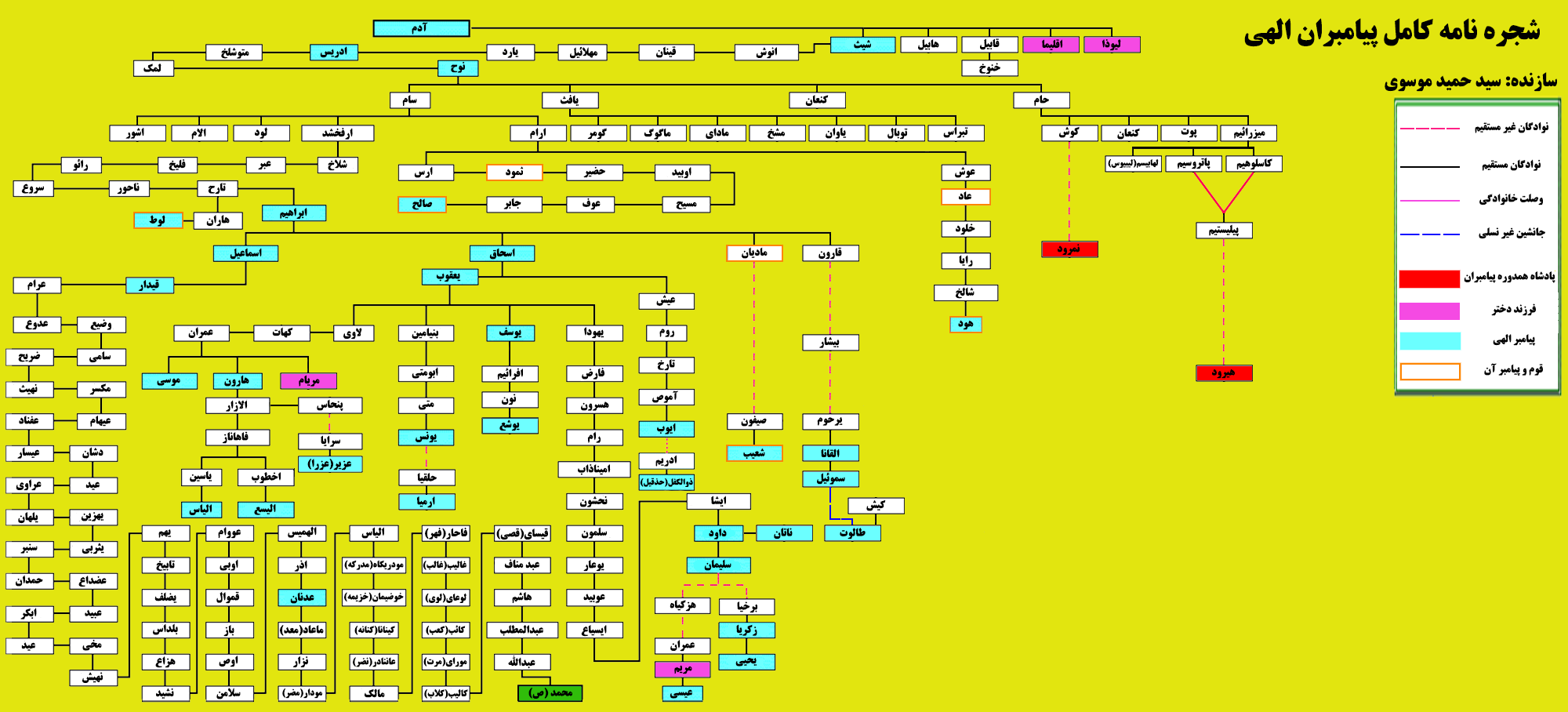Shias' Interpretation of the Conception of Intermediacy

Despite their variety, the two groups of Qur'anic verses mentioned above show that man's actions have two aspects. One aspect concerns man himself, in that he has the option and the will to do whatever he wants. This is clear from the many Qur'anic verses that show that man is responsible for his deeds. The other aspect concerns Allah. The verses that ascribe guidance and deviation to Allah are numerous and clear, however, the manner in which these two aspects relate to each other, as has been gathered from the Qur'anic text, is based upon one of three opinions:
First: Man's existence, and all his actions, whether from his body or his soul, has its source in the Creator, Exalted and Elevated is His Might. He has given man the ability to do good or bad and to choose the good that takes him to the elevated stations of the Highest Ones whose ranks cannot be attained without freedom of will.
Thus, if man is the cause of his actions, and Allah is the cause of man's existence, his abilities, and his will to do or not to do, then Allah is a remote cause of man's actions.
Second: The power of the Maker encompasses the actions of man. Thus If He wants to prevent man from choosing certain actions or to let him act in other ways He can, He says, "If He pleased, He would guide you all." (6:149)
Allah has created people to try them. He (Elevated is His Might) says, "Who created death and life that He may try you, which of you is best in deeds." (67:2) Thus He does not prevent them from exercising their choice in thinking and belief, rather, He has placed it within the sphere of their will. He says, "... so let him who pleases believe, and let him who pleases disbelieve." (18:29)
In short, the actions of man are related to Allah in so far as there is no prevention or opposition to what man chooses to do.
Third: Lusts and instincts that mislead and delude man are from Allah (Exalted is He). Allah has given man the ability to do good or bad deeds so as to try him in this worldly life.
Since lusts and instincts are from Allah, deviating is from Allah, despite the fact that man goes astray willingly and of his own free volition. What Allah says about the idols in the story of Prophet Ibrahim (a) confirms this although Allah does not want people to deviate. He (Exalted is He) says, "My Lord! Surely, they have led many men astray." (14:36) The people deviated on their own. The idols were just sculptures having no sense and they could not lead people astray, for they had no will.
In summary, the conditions for the actions of man are a part of the sufficient cause of his actions, which is from Allah (Exalted is He).
Another proof confirming the Shia concept of intermediacy between constraint and free will is when Allah says, "... and you did not smite when you smote (the enemy), but it was Allah Who smote." (8:17)
This verse clearly ascribes the smiting to man himself for Allah says, "when you smote," at the same time it includes the opposite for Allah also says "and you did not smite" this negates the ascription of the act to man thus proving the concept of intermediacy.

